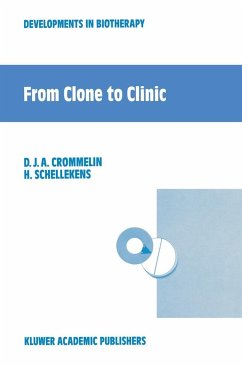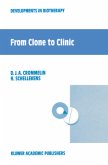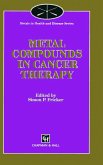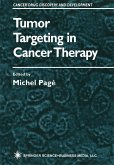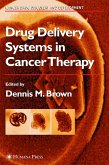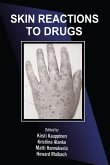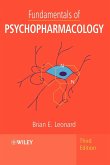One: Registration, Toxicity and Quality Control.- 1. Toxicity testing of rDNA products.- 2. Experiences with the EC "high tech" procedure.- 3. The regulation of pharmaceuticals: philosophy and principles.- 4. Quality control of vaccines.- 5. Regulatory affairs and biotechnology in Europe: the CPMP "high tech" and multistate procedures.- 6. Formulating biotechnology products.- 7. Development of analytical methods for monitoring the stability of antibody formation by hybridoma cells in continuous culture systems.- Two: Monoclonal Antibodies.- 8. Toward human monoclonal antibodies.- 9. Biodistribution, binding and internalisation of monoclonal antibodies to human ovarian carcinoma cells.- 10. Pharmacokinetics and tissue distribution of Indium-111-labeled OV-TL 3 F(ab')2 in ovarian cancer patients.- 11. Characterization of human monoclonal antibodies specific for the rabies virus.- 12. Biochemical and immunological evaluation of an anti-fibrin monoclonal antibody complex containing T2Gls Fab' intended for imaging venous thrombi.- 13. Monoclonal antibodies in radioimmunoscintigraphy. Some hurdles between clone and clinic.- 14. Clinical relevance of the tumor marker CA 15.3 in the management of cancer patients.- 15. Practical applications of monoclonal antibodies against polymorphic epithelial mucin in the differential diagnosis of human tumors.- 16. Selection of monoclonal anti-digoxin antibodies suitable for monitoring of cardiac glycosides.- 17. Diagnostic use of anti-modified nucleoside monoclonal antibodies.- 18. Monoclonal antibodies radiolabeled with different radioisotopes for biodistribution and radioimmunodetection of tumor xenografts in the nude rat.- 19. Bispecific monoclonal antibody (BIAB)-retargeted cellular therapy for local treatment of cancer patients.- 20. Enhanced binding of t-PA to fibrin using bispecific monoclonal antibodies.- 21. Recent developments and perspectives on the future of human and murine monoclonal antibodies in the diagnosis and treatment of cancer.- 22. Pharmacokinetics and safety of a human IGM antibody, HA-1A.- 23. Development and clinical experience with humanised monoclonal antibodies.- 24. A method for the transformation of hybridoma cell lines with improved efficiency: its use in the production of bispecific monoclonal antibodies.- 25. To an optimal design of an airlift bioreactor for the cultivation of hybridomas.- Three: Marketed Products.- 26. Experience with marketed biotech products: rt-PA.- 27. Clinical trial of recombinant human IL-2 in the treatment of Mycobacterium Avium complex infection.- 28. Use of recombinant human erythropoietin in anemic dialysis patients.- 29. Experience with biosynthetic growth hormone.- Four: New Products.- 30. Recombinant follicle stimulating hormone. I. Construction, selection and characterization of a cell line.- 31. Recombinant human follicle stimulating hormone. II. Biochemical and biological characteristics.- 32. Heterologous expression of human Interleukin-3.- 33. Purification of recombinant human Interleukin-3 from Bacillus Licheniformis.- 34. The acid- and thermolabile interferon alpha: a subtype, or a new cell inhibitor?.- 35. The IFN? receptor as tool for the discovery of new immunomodulatory drugs.- 36. Cloned receptors and transfected cell lines in the design of new drugs: muscarinic cholinergic receptors.- Five: Drug Delivery.- 37. Structural analysis of carbohydrate chains of native and recombinant-DNA glycoproteins.- 38. The role of protein structure in surface tension kinetics.- 39. Antigen carriers: a success determining factor for subunit vaccines?.- 40. Intranasal delivery of insulin: absorption enhancement by the fusidate derivative STDHF in rabbits and rats and effects on human nasal ciliary movement in vitro.- 41. Improved oral peptide delivery by means of mucoadhesion.- 42. Delivery of therapeutic peptides and proteins.- 43. Compatibility studies of a soluble T4 receptor with a microinfusion pump for continuous intravenous thera...
Bitte wählen Sie Ihr Anliegen aus.
Rechnungen
Retourenschein anfordern
Bestellstatus
Storno

